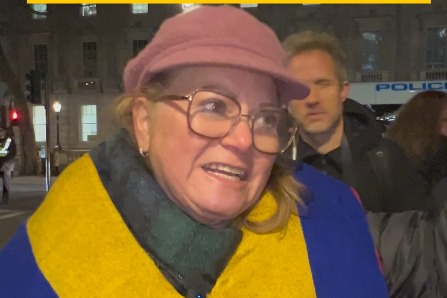Chinese History curriculum reform city's next battlefield

Lau Nai-keung notes that, among other issues, coverage of Hong Kong relative to entire nation has drawn criticism from the already biased teachers
While we were all focusing on the 19th Party congress, an important event in Hong Kong has also taken place: Hong Kong's Education Bureau launched the second round of consultation on a revised Chinese History curriculum for junior secondary school students toward the end of last month.
The wheel was set in motion since December 2013 when the government formed a committee to review the Chinese History curriculum for junior secondary school pupils.
The current curriculum has been used for two decades. Many experts and educators believe that its shortcomings have caused anti-China sentiments among the city's youth.
However, we are not so sure if a revision will do more harm or good the way it is going. The committee announced the first proposal in September last year for consultation. Among other things, the first draft proposed for the first time that the city's Chinese History curriculum included Hong Kong's history. According to the committee's suggestions, Form 1 to Form 3 pupils would also spend less time on ancient Chinese History and more on political, economic and social developments related to modern China and the city.

They would have to complete within two years the syllabus on ancient history and the different dynasties that ruled ancient China, before spending a full year on contemporary history, studying events ranging from the 1911 Xinhai Revolution to the establishment of Hong Kong as a special administrative region in 1997.
It is not at all clear whether or not these changes may help students form a better and more objective understanding of our country's history. Currently, nearly half of secondary school students do not study events after the founding of the People's Republic of China in 1949 because of insufficient teaching time, which may be a good thing, because many events after 1949 are too sensitive and complicated for our teachers to teach properly. We should not forget that a large proportion of our teachers are critical toward the Chinese mainland and the central government. Under these circumstances, teaching contemporary Chinese history may make students more radical and anti-mainland, not less.
What is clear is that the curriculum reform committee is already being heavily influenced by the dissidents. According to the South China Morning Post, the second draft of the revised syllabus says junior secondary school pupils will spend 76 percent of total class time on political history, up from the 65 percent suggested earlier. The change is an attempt to address some educators' concerns over the first draft, which they said put too much emphasis on positive aspects such as unification and prosperity, and too little on negative aspects like the disorder and the decline of different dynasties.
History is not a tallying of scores to see which dynasty wins. It is also not appropriate to judge history according to what we conceive to be "positive" and "negative".
Some teachers are also "troubled" that Hong Kong's history would be seen as being driven by, and secondary to, China's history, all in a bid to increase pupils' sense of belonging to China. They complained while 10 percent of the proposed new curriculum would be taken up by Hong Kong's role and development at different times in history. We cannot help but ask: How much emphasis on Hong Kong would it take to please these localist teachers?
Let's not forget, the government cannot dictate the specific content being taught in classrooms. The Education Bureau's chief curriculum development officer, Gloria Chan Pik-wah, suggested textbook publishers and teachers should decide which historical events to examine in realizing their teaching goals.
It is safe to say that if a teacher's goal is to make students more critical toward the central government, she can pick all the negative events that happened after 1949 as she likes.
If we understand how much freedom teachers still have after the proposed revision, the fact that some people are still complaining shows clearly that the Chinese History curriculum reform is destined to be the next major political battlefield in the months to come.
Our dissidents had a big win last time with national education, and I have no doubt they would want to replicate it with Chinese History education. And if they win again this time, the implication will be long-term and very significant.
(HK Edition 11/14/2017 page8)






























